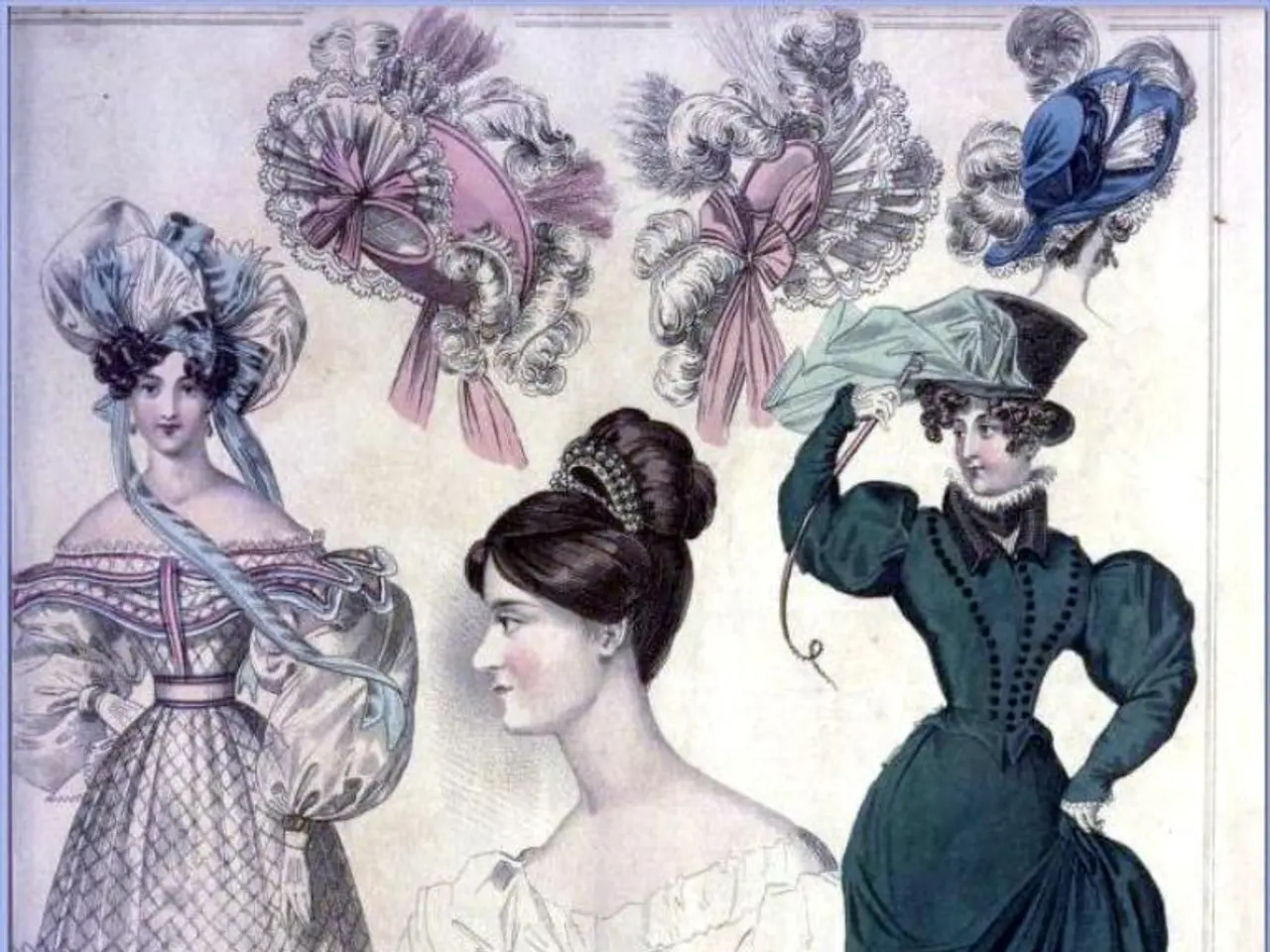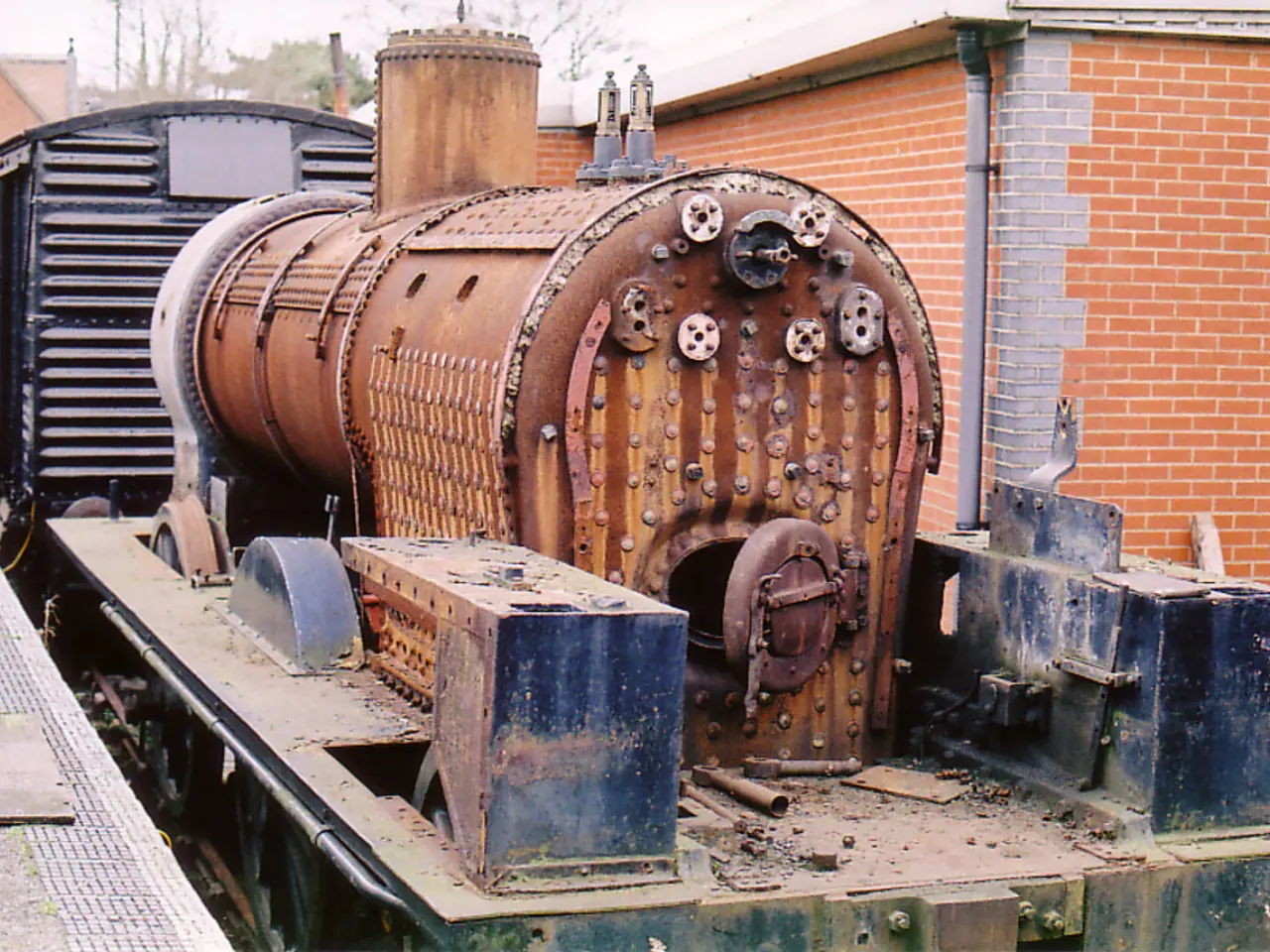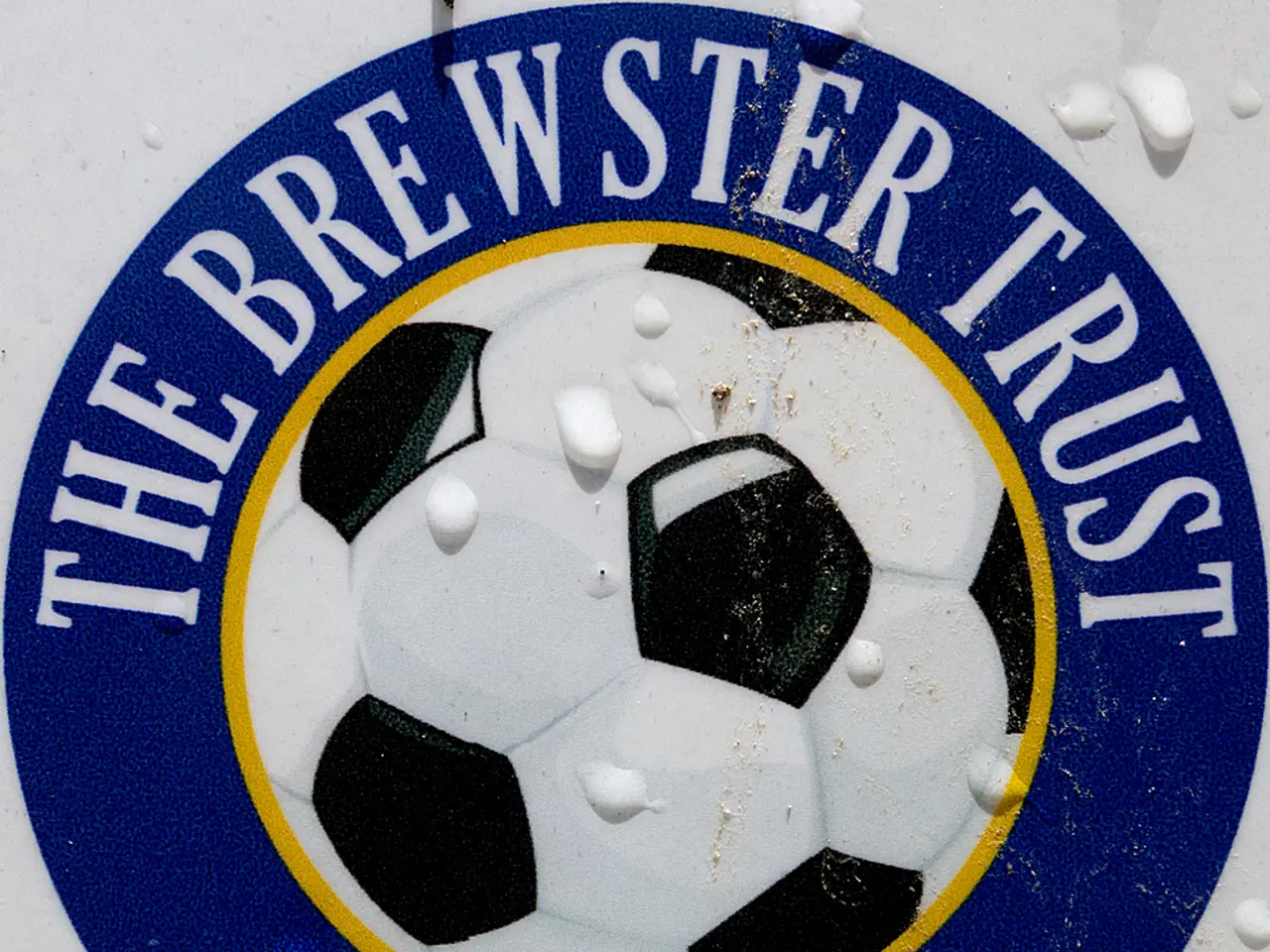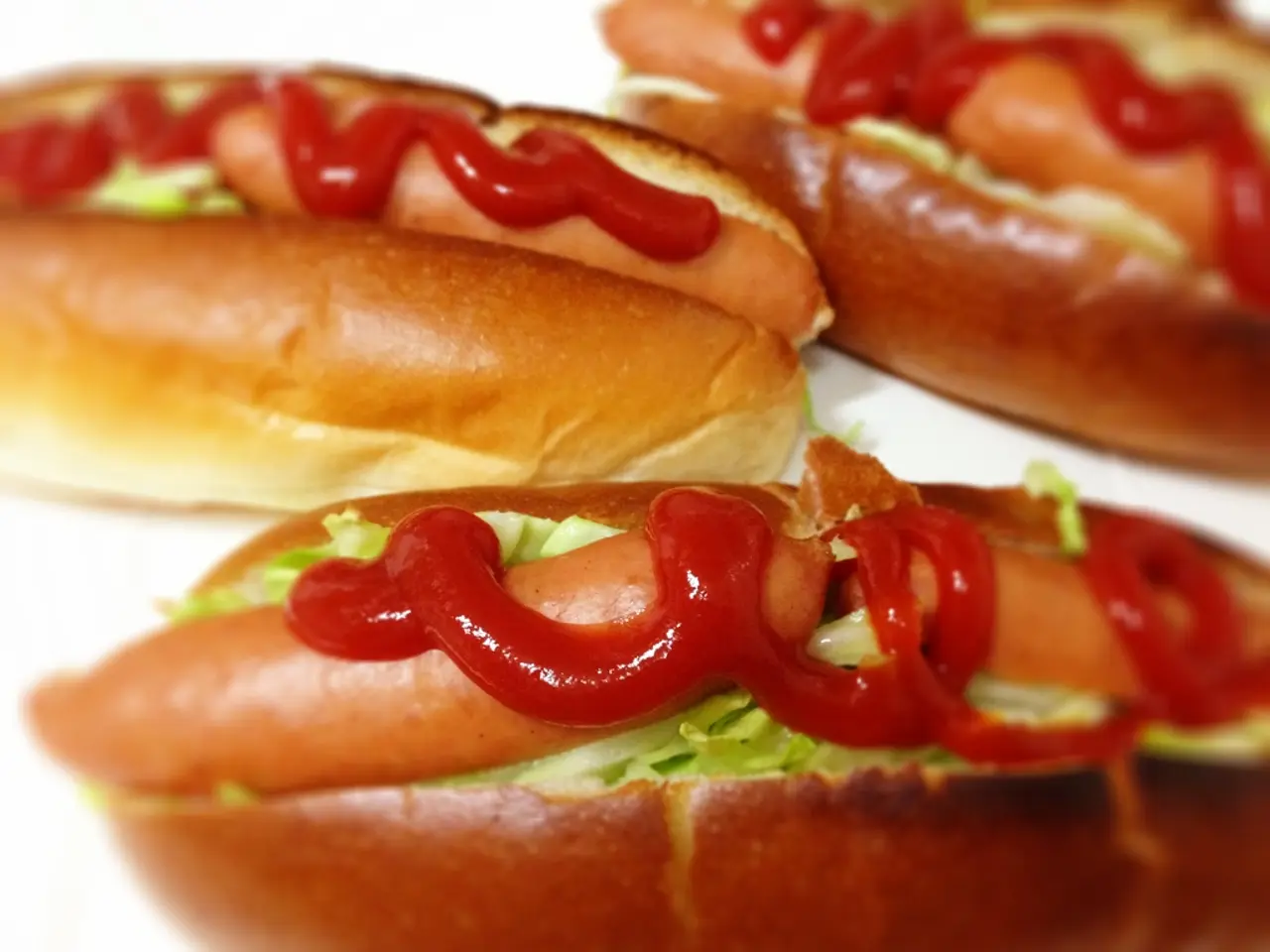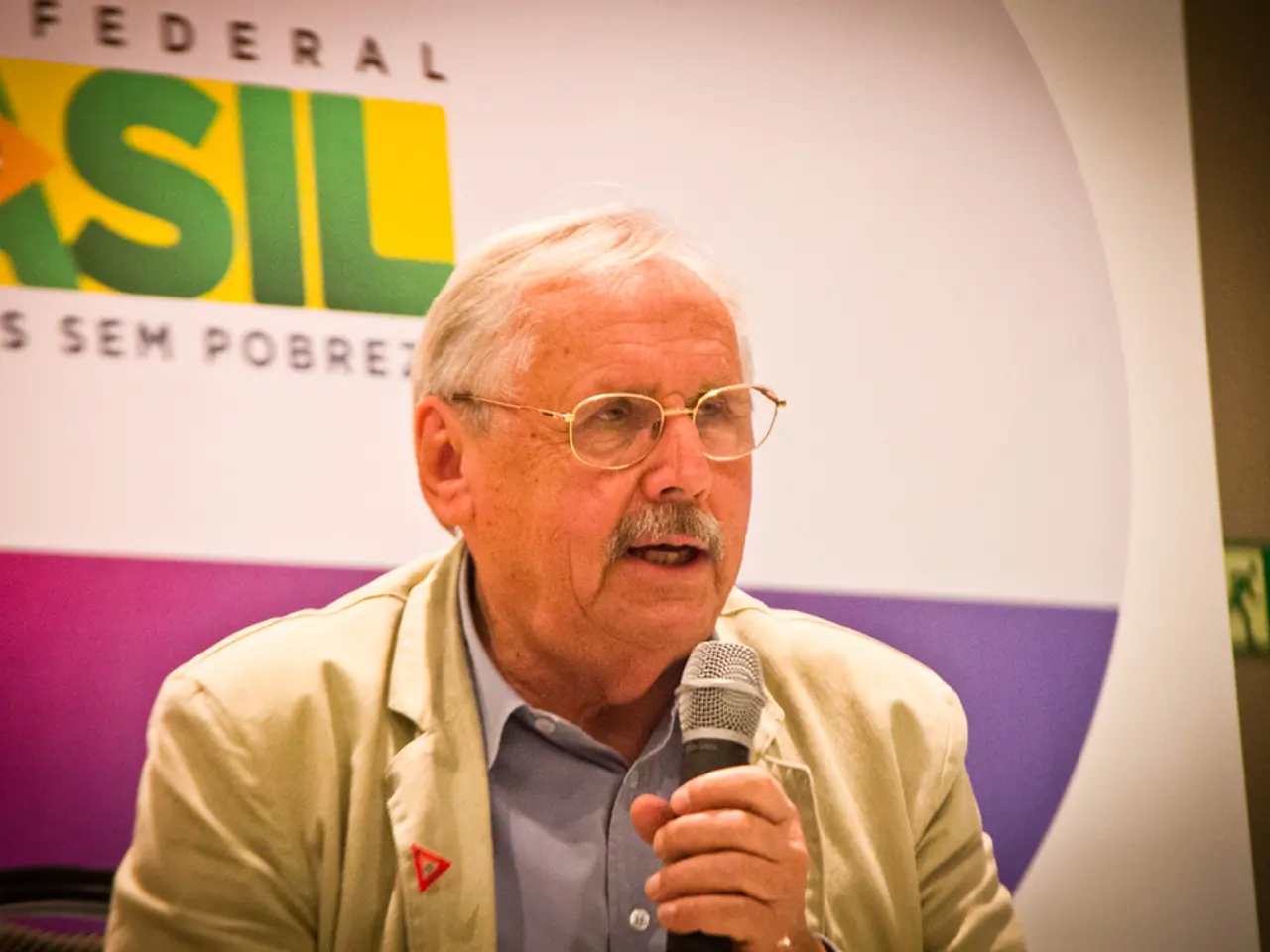Female hunters active in Trier Meulenwald forest area
In the picturesque Meulenwald of the Trier Forestry Office, a group of hunters, including Sarah and Anika, are making their way through the woods. This scene is a testament to the growing trend of female hunters in Rhineland-Palatinate, a region that has seen a significant increase in women taking up the sport over the past decade.
Anika, a 33-year-old hunter, recently obtained her hunting license, joining the ranks of women who are challenging traditional gender norms in the hunting community. Sarah, a 35-year-old hunter, obtained her license about a decade ago. Both women, like many others, view hunting as an ethically correct way to obtain meat and to process the entire animal, from nose to tail.
The changing role of women in hunting is reflected not only in the growing number of female hunters but also in the broader range of products available. From hunting equipment designed specifically for women to increased participation in hunter education and certification programmes, the industry is adapting to meet the needs of its new demographic.
The rise in female hunters in Rhineland-Palatinate is part of a broader national trend. According to the German Hunting Association (Deutscher Jagdverband, DJV), around 10% of hunters in Rhineland-Palatinate are now women. This is a notable increase from a decade ago, when the percentage was significantly lower (often cited around 4–6% in the early 2010s).
Several factors contribute to this growth. Changing societal attitudes, increased media representation, outreach and mentorship programmes, interest in sustainability and conservation, social and family influences, and legal and educational access are all driving forces behind this shift.
In the district group Trier-Saarburg, the number of female hunters has risen from 50 to 123. More than 23,700 people took the state hunting exam in 2020, an increase of about a quarter compared to the previous year. This influx of new hunters, many of whom are women, is a testament to the enduring appeal of hunting as a means of connecting with nature, supporting sustainable food sources, and participating in wildlife conservation efforts.
As Anika and her companions congratulate her after her successful hunt, it's clear that the camaraderie and shared passion for the sport are powerful motivators for women entering the world of hunting. The future of hunting in Rhineland-Palatinate, and indeed across Germany, looks set to be shaped by these dedicated and passionate female hunters.
Sporting their newly acquired hunting licenses, Anika and Sarah, both hunters, engage in a sport that’s seen a notable increase in female participation, challenging traditional gender norms. In Rhineland-Palatinate, women make up approximately 10% of hunters, a significant leap from the 4–6% of a decade ago.
